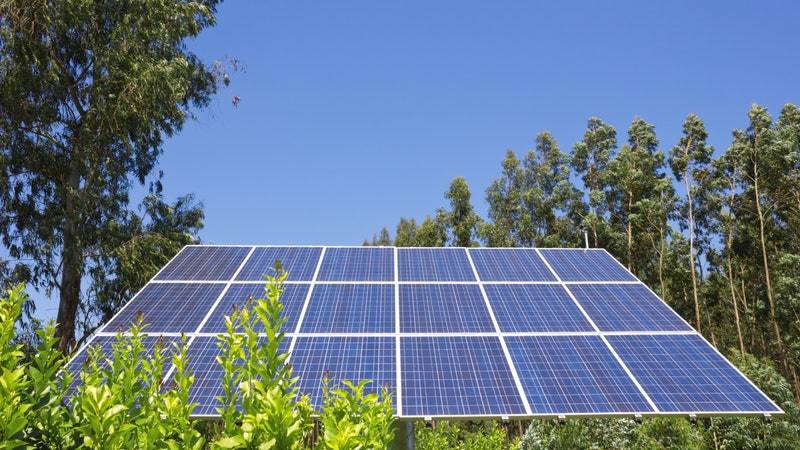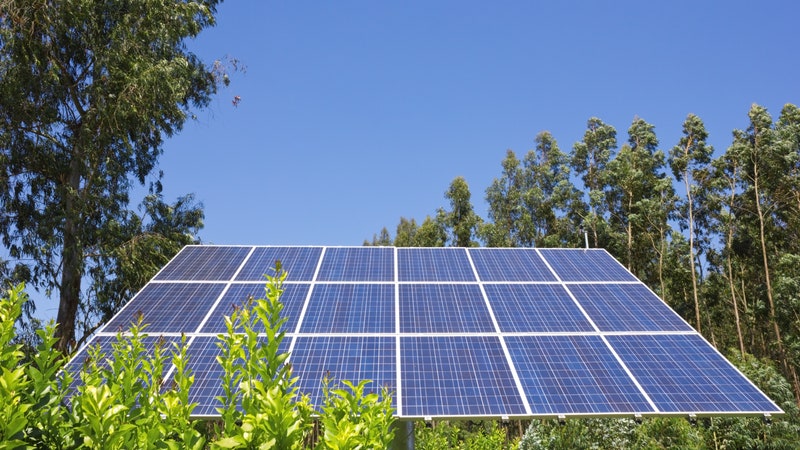
TO AVOID A climate disaster, the entire world needs to change the way it does business. It’s hard to overstate the extent of the shift that’s required. We need new ways to grow food, make things, move around, generate electricity, and heat and cool our buildings, all without releasing greenhouse gases. What the world needs right now is a new, clean industrial revolution, so we can reach net zero by 2050.
That’s an ambitious goal, but it’s achievable. I think three things will happen in 2022 that will accelerate the essential shift to a clean economy.
The first is that climate change will remain a high priority. This may seem like a no-brainer, but in fact it will represent a break from the past. After the 2008 recession, polls showed that climate change fell far down the list of priorities for voters around the world. In this crisis, though, climate change is not taking a back seat. Even in places devastated by the pandemic, young people, activists, shareholders, and employees will hold government and corporate leaders accountable for making real progress.
Secondly, business and political leaders across the globe will respond to these demands with concrete plans to eliminate emissions. This too will be a break from the past, when governments and corporations could make gauzy, feel-good promises that didn’t actually do much to solve the problem. Those days are gone.
In 2022 and beyond, companies will be given credit not just for investing in sustainability, but for making the right types of investments—especially those in clean technologies that reduce future emissions. Investors will accelerate the move away from technologies that contribute to climate change, building on a global trend that has seen private capital invest more and more in the energy transition, growing to $500 billion (£361 billion) in 2020.
Investors will also increasingly reward companies that take courageous steps to fund technologies that we need to reach zero, but that haven’t been deployed yet—technologies like clean hydrogen, direct air capture, long-duration storage of electricity, and sustainable aviation fuels. These investments will be guided by better tools, such as the Emerging Climate Technology Framework developed by the nonprofit Carbon Disclosure Project (CDP), which measures the impact that today’s investments in clean energy will have on tomorrow’s emissions.
Lire l’article complet sur : www.wired.com



Leave A Comment